Recently Released.
Newly Released in the last 30 days

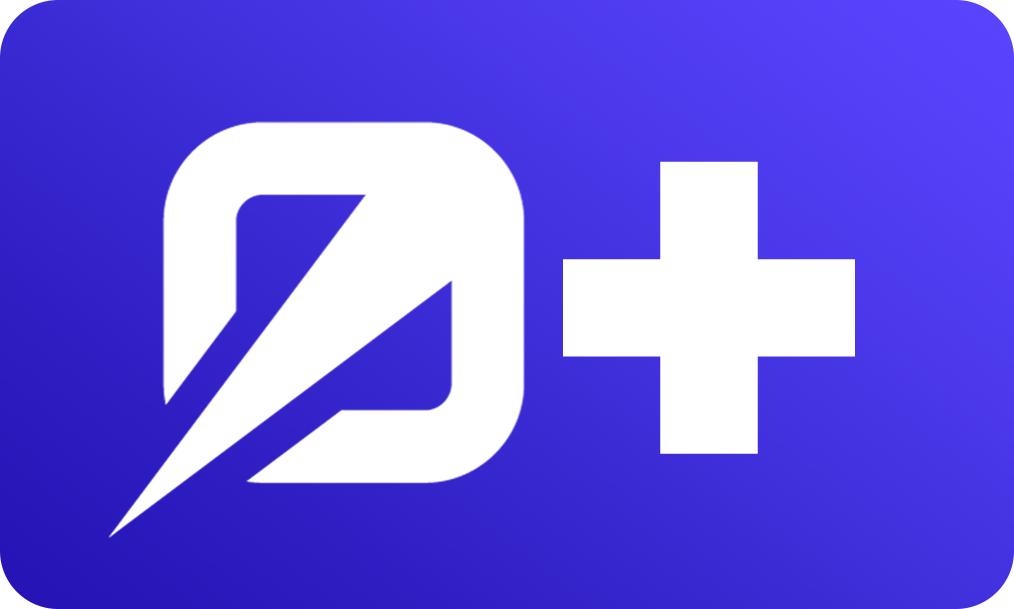
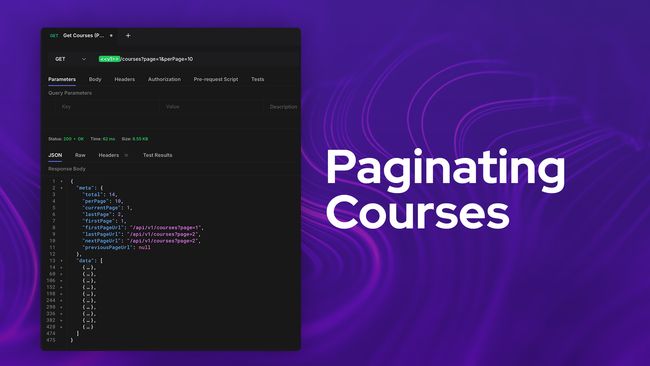
Paginating our Course List
In this lesson, we'll transform our courses list endpoint into a pagination endpoint. We'll check and validate our query string for a page and per page parameter that we'll then use to fetch pages of our courses.


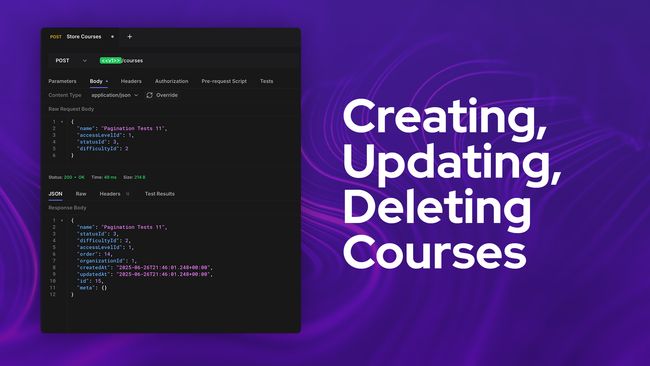
Creating, Updating, and Deleting Courses
In this lesson, we'll add endpoints to allow creating, updating, and deleting courses from our API. We'll then use this to stub a number of test courses to give us wiggle room to play with our pagination.


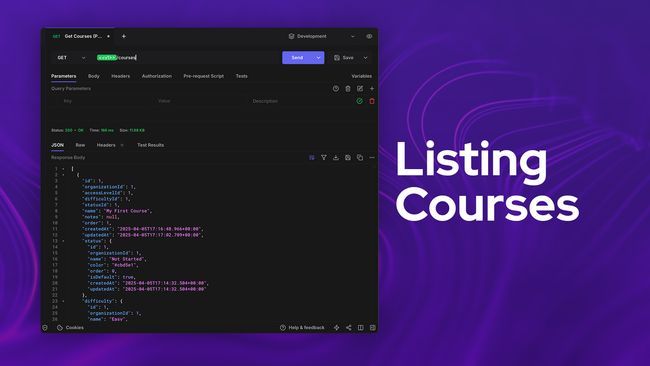
Listing Courses
Our goal in this step is to add an endpoint that lists our courses. We'll then build upon this endpoint further with the ultimate goal of getting a list of paginated courses.


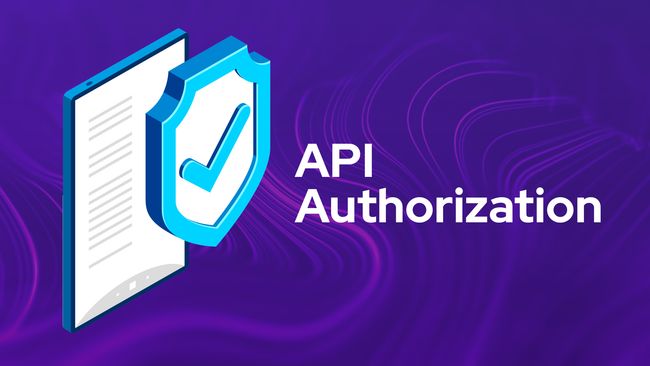
API Authorization Checks
In this lesson, we'll implement our API Authorization checks across all the API controller methods we've implemented thus far. We'll then create a specific access token for each operation (read, create, update, and delete) to ensure everything is working.


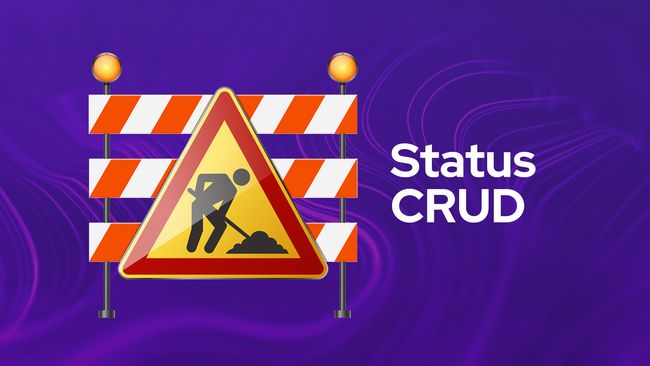
Status API CRUD
In this lesson, we'll duplicate everything we did one more time for our organization's statuses.


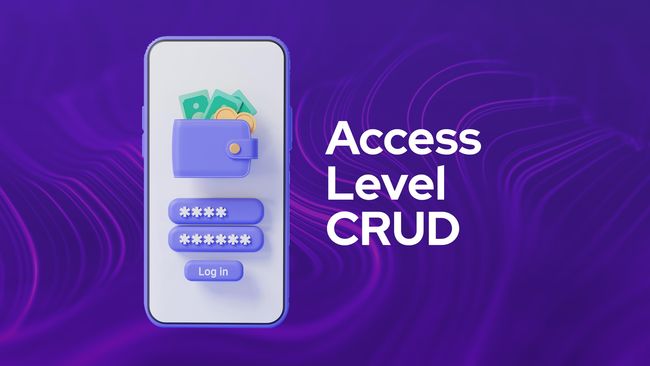
Access Level API CRUD
In this lesson, we'll walk through adding API endpoints for the full CRUD (create, read, update, and delete) flow for our organization's access levels.


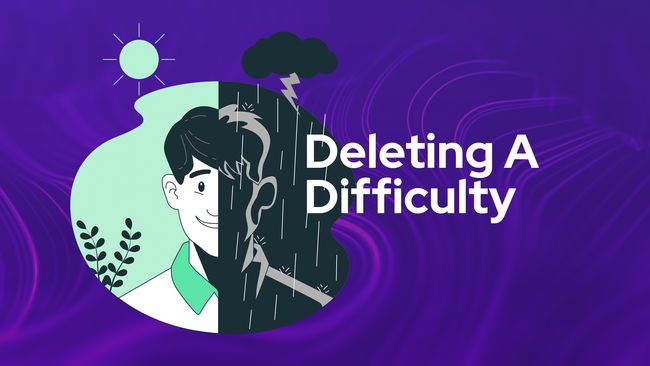
Deleting A Difficulty
The last CRUD method we need to add is the ability to delete our a difficulty by adding a DELETE API route, we'll take care of that in this lesson.


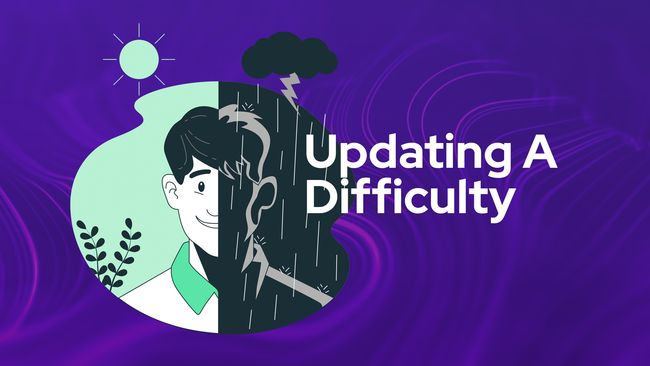
Updating A Difficulty
In this lesson, we'll add a PUT API route to handle updating our difficulties! This route will also accept in a specific difficulty id via route parameter to specify which difficulty should be updated.


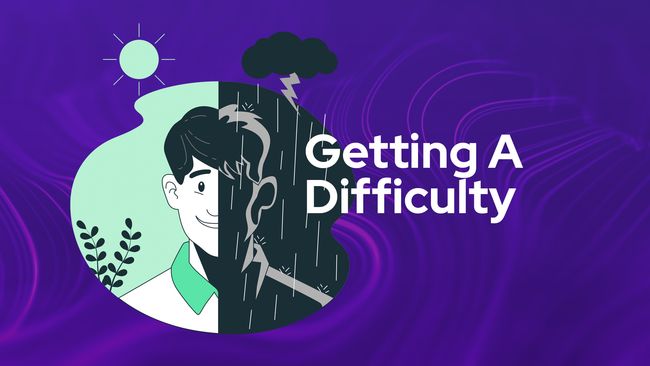
Getting A Specific Difficulty
In this lesson, we'll add a GET API route enabling us to get the details of a specific difficulty by providing the difficulties id via route parameter.


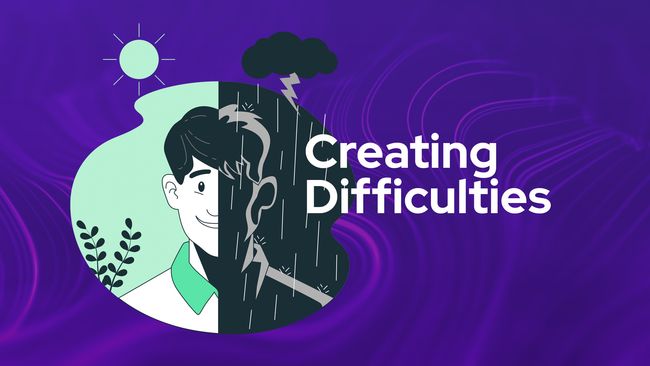
Creating Organization Difficulties
Next, we'll add a POST route and handler so that we can create difficulties from our API


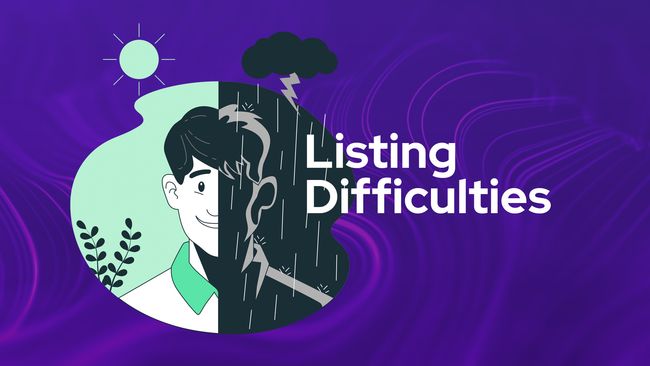
Listing Organization Difficulties
In this lesson, we'll begin work on our first CRUD-based API resource by adding the ability to query a list of all our organization's difficulties.
Lessons.

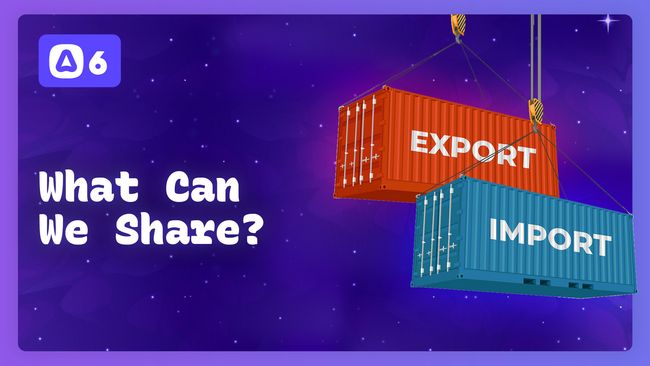
What Code Can & Can't Be Shared Between AdonisJS & Inertia
In this lesson, we'll discuss what code we can and cannot share between AdonisJS and Inertia.
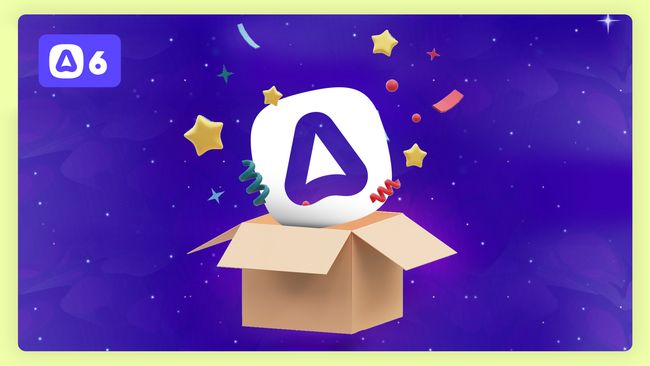
How To Make A Simple AdonisJS 6 Package
In this lesson, we'll learn how to use AdonisJS' Package Starter Kit to create a simple package where we can configure and add a make:action Ace CLI command to generate action class files, similar to the make:service command.
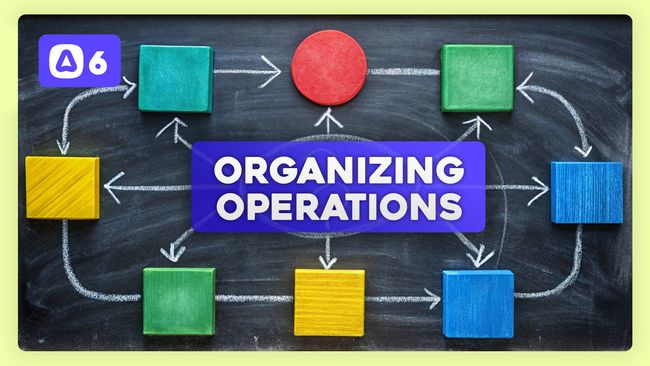
Three Approaches for Organizing your AdonisJS Business Logic Operations
In this lesson, we'll dive deep into three different ways we can organize our code; fat controllers, services, and actions. We'll also discuss circular dependencies, static and non-static service methods, and dependency injection.

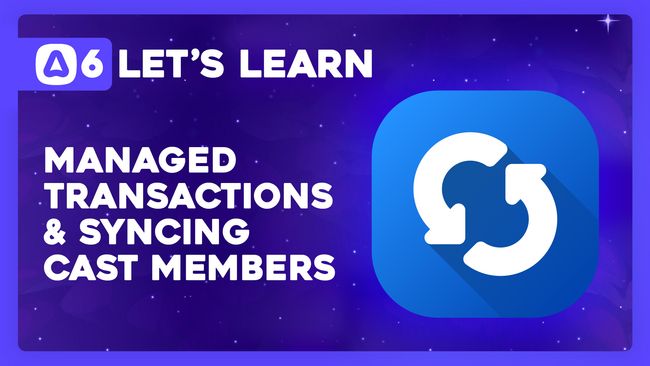
Managed Transactions and Syncing Movie Cast Members
In this lesson, we'll learn how we can use what we learned in the last lesson to also sync our cast members. We'll then extract this functionality into a service and wrap it within a managed database transactions.

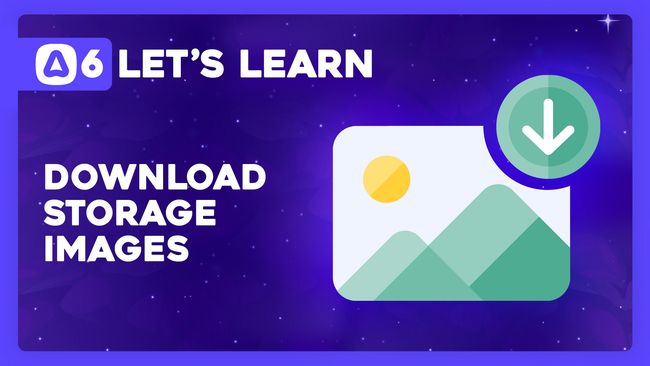
Using A Wildcard Route Param to Download Storage Images
In this lesson, we'll learn how we can utilize a wildcard route parameter to dynamically download images that've been uploaded and stored within our application storage.

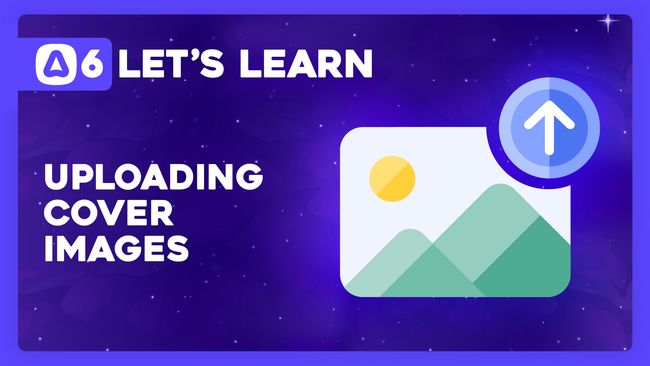
Uploading Movie Cover Images in our Create or Edit Form
In this lesson, we'll learn how to upload movie cover images when either creating or editing a movie via our create or edit form.

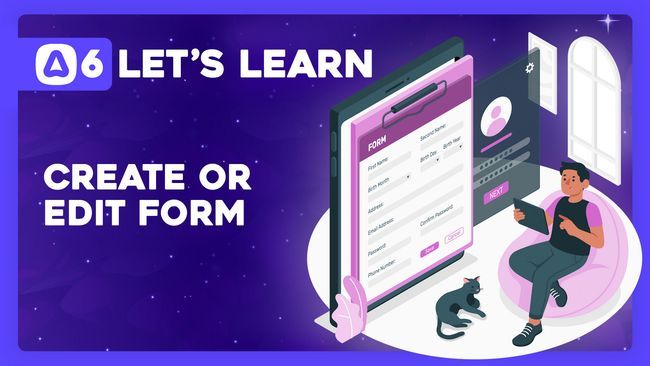
How To Use One Form to Create or Edit Movies
In this lesson, we'll learn how we can merge our create form and edit form together into a create or edit form. We'll conditionally determine whether we'll be creating or editing based on our movie value and use EdgeJS features to simplify the process

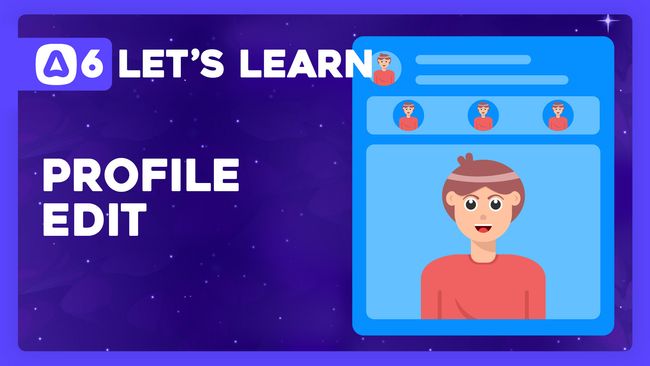
Using Dependency Injection to Update A User's Profile
In this lesson, we'll learn how to allow users to edit their profiles. We'll also cover how we can inject the HttpContext into a service instance using Dependency Injection (DI).

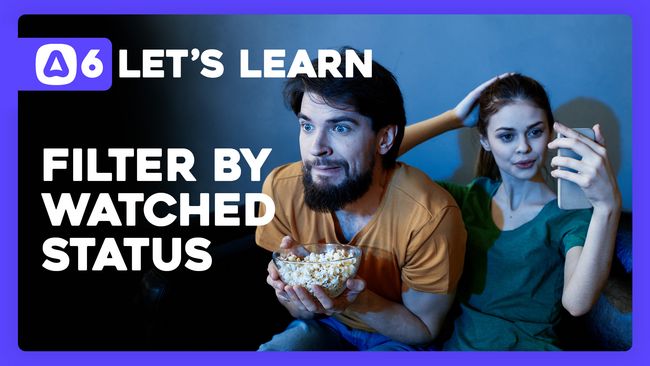
Filtering By User's Watched Status
In this lesson, we'll learn how to add a filter to our user's watchlist allowing them to show only movies they have or have not watched.

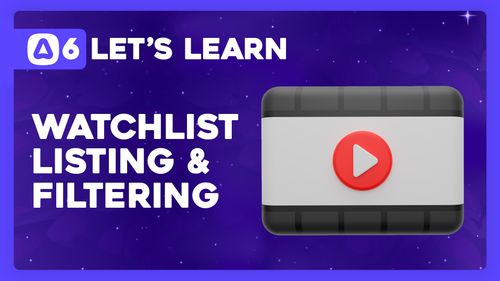
Listing and Filtering User Watchlist Items
In this lesson, we'll take our movie filter, and learn how we can reuse it to display a filterable list of the user's watchlist movies.


Validating Query String Filter Values
In this lesson, we'll learn how to use VineJS, AdonisJS' Validator, to validate the filter properties and values we have within our query string.

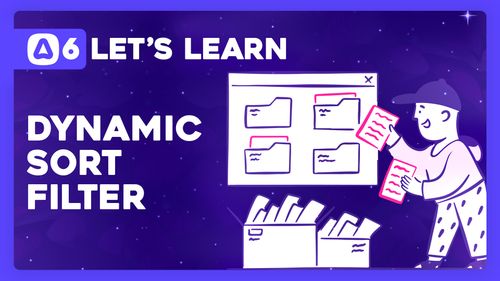
How To Apply A Dynamic Sort Filter To Your Query
In this lesson, we'll learn how we can add a user-selected sort option to our filters. Then, we'll apply the selected filter to our movie query


Joining SQL Tables To Order By A Related Column
In this lesson, we'll learn how to join a related table into our query and use that table to apply a sort via the relationship. We'll then see how we can conditionally apply this join only when it's needed for the selected order by.


Singleton Services and the Idea of Caching
In this lesson, we'll learn about singleton services and how to use them as a store to hold temporary information throughout our server's life by building a simple in-memory caching service.


Extracting Reusable Code with Services
In this lesson, we'll learn about services and how we can use them to extract reusable code in a way that makes it super simple to use throughout your project.

Service Providers & The IoC Container
We'll learn about Service Providers and how they interact with the IoC Container. We'll then put this to practice by wrapping a NodeJS package so it's easy to use within AdonisJS

Static, Non-Static, & Singleton Services
We'll learn what services are. We'll then discuss three different ways we can use them within our AdonisJS application, including static, non-static, and singleton services.

Let's Learn Adonis 5: Controllers, Services, Resources, and Namespacing
In this lesson, we'll be hammering down several Adonis topics in one swoop. We'll be covering Controllers, which in turn allow us to utilize Services, Resources, and Namespacing.